Is Your Care Home Prepared for Emergencies?
The Challenge:
Care homes face constant pressure to meet CQC standards while ensuring resident safety and dignity. Unplanned hospital admissions are disruptive, distressing, and often counter to a patient’s wishes. Right preparation with a specialist-led approach ensures your staff and patients are ready.
My Emergency Plan Helps:
CQC Compliance & Specialist-Led Care – Structured emergency plans exceed regulatory expectations and enhance resident safety.
Hospital Avoidance – My Emergency Plan ensures patient wishes are clear and actionable. Early results using this approach have already seen over 70% reductions in hospital admissions.
Seamless Integration – Plans work within your care home’s existing workflow and integrate with local NHS services.
Staff Confidence & Support – Provides clear guidance for frontline staff, reducing stress, and uncertainty in emergency situations.
Market Leadership – Stand out by offering families specialist-led emergency care planning as a proactive, forward-thinking provider.
Start a care-home pilot: we create clear one-page plans for highest-risk residents and equip care staff to use them with confidence during any emergency.
Care Homes
CQC Rating Impact
-
Expert-led emergency planning ensures staff act with confidence.
Residents, families, and doctors agree on care decisions in advance.
When emergencies happen, staff follow a clear plan aligned with patient wishes.
-
Reduces unnecessary hospital trips with proactive decision-making.
Care staff, doctors, nurses, paramedics, and other allied healthcare professionals can instantly see what a patient’s wishes are.
Ensures care aligns with best medical practice, avoiding crisis-driven decisions.
-
Respects patient dignity by keeping care in the preferred setting when safe.
Families are involved in discussing pros and cons of different emergency options.
Prevents distress by ensuring patients receive the right care at the right time.
-
Fast, structured responses to emergencies with clear escalation plans.
Staff act immediately with doctor-led guidance, avoiding delays and uncertainty.
Fewer complaints by ensuring residents get the care they actually want.
-
Strengthens governance with structured, accountable emergency planning.
Supports CQC compliance by ensuring consistent, high-quality care.
Reduces pressure on staff by removing uncertainty in medical emergencies.


